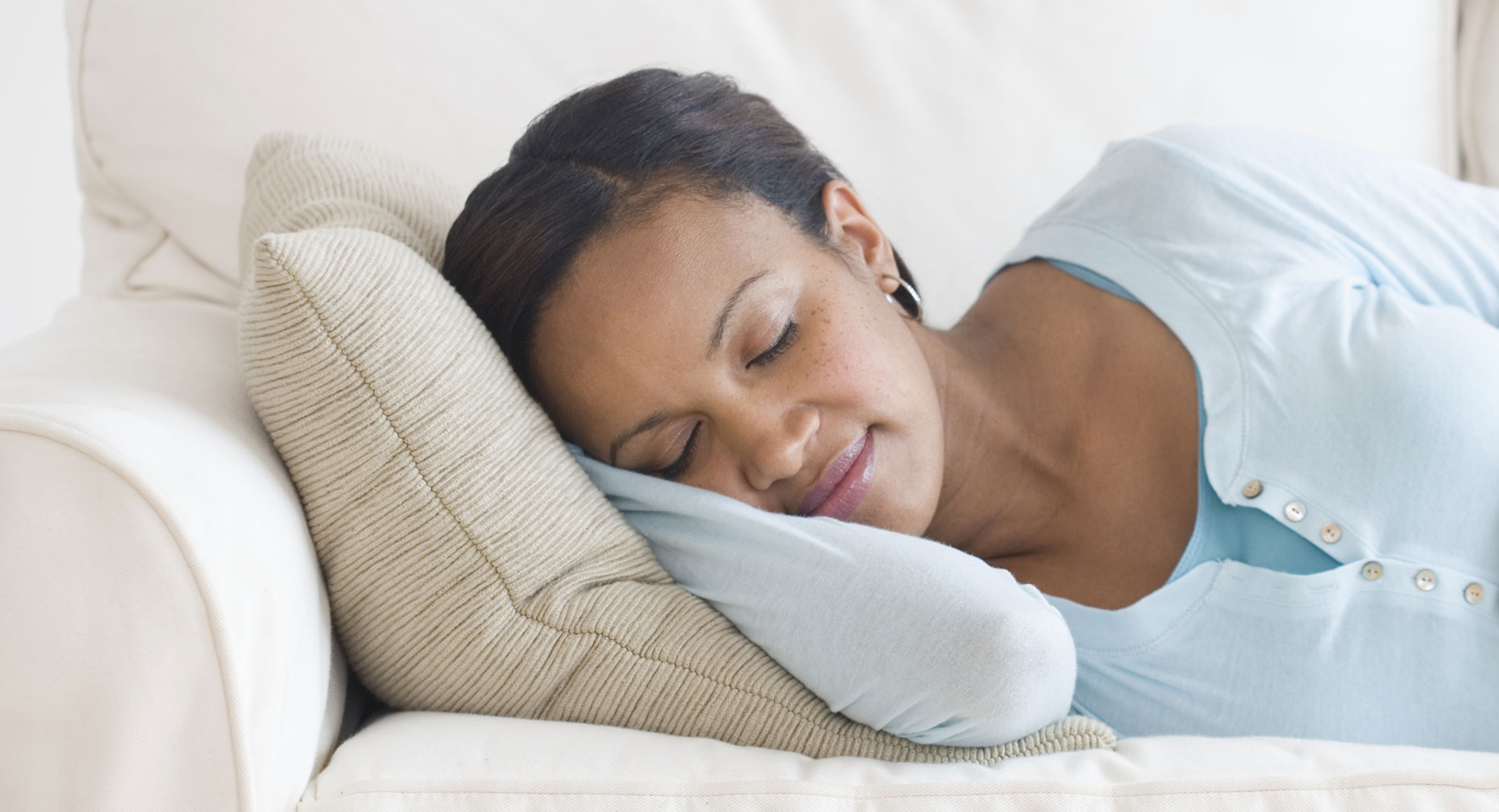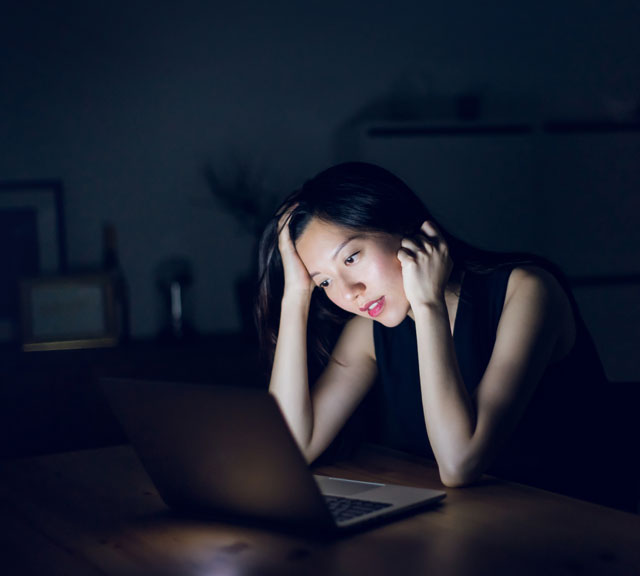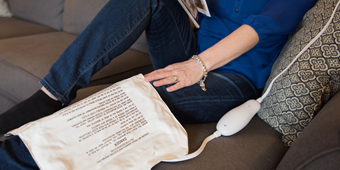Melatonin & Sleep: What You Need to Know

Answer a few questions and we'll provide you with a list of primary care providers that best fit your needs.
You’ve probably seen melatonin in a health food or drug store — or maybe your BFF takes it when she can’t sleep. Perhaps you’ve even considered using it yourself on a restless night.
But before you pop that first pill, take a look at melatonin’s possible risks and rewards.
What Is Melatonin?
Melatonin is a natural hormone made by the brain to regulate the sleep cycle. Think of it as nature’s alarm clock. It tells your body when it’s time to go to sleep and wake up.
When darkness falls, melatonin production ramps up. You start getting drowsy and ready to snooze. But once the sun starts shining — or even if you’re in an artificially lit room — your body stops producing melatonin, helping you wake up. In fact, melatonin is sometimes called “the Dracula of hormones” because it comes out only at night.
Melatonin supplements are available as pills and come in two types: natural and synthetic (man-made). Avoid the natural version, as it’s made from an animal gland – and could be contaminated with a virus. Opt for the synthetic form, which does not carry this risk. Check the pill bottle label or ask a pharmacist or doctor if you’re not sure.
Melatonin is a natural hormone made by the brain to regulate the sleep cycle. Think of it as nature’s alarm clock.
Why Take Melatonin?
Most people take melatonin if they’re struggling to get a good night’s sleep. Studies suggest that melatonin may help with certain sleep disorders including:
- Insomnia. The most common sleep disorder, insomnia is when you have trouble falling and/or staying asleep.
- Jet lag. Jet lag is caused by travelling rapidly across several time zones. It often results in disturbed sleep, daytime drowsiness, indigestion and general discomfort.
- Delayed sleep phase disorder. People with this disorder have trouble falling asleep before 2 a.m., then struggle to wake up in the morning.
- Shift work disorder. People who work at night, instead of a day job, are often affected by this disorder.
Is It Safe? What About Long-Term Use?

Studies indicate that short-term use of melatonin is safe. However, more research is needed to determine if it’s effective and risk-free for long-term use. While melatonin is regulated by the U.S. Food and Drug Administration, it is not approved for some uses. That means its purity, safety and how well it works cannot be guaranteed.
Side effects are uncommon, but can include:
- Drowsiness
- Headache
- Dizziness
- Nausea
A few things to consider:
- Melatonin may interact with other medications you are taking.
- Melatonin has not been tested in pregnant and nursing women.
- It’s unknown if melatonin affects people who have certain diseases and conditions.
- Large doses of melatonin can affect how the ovaries work.
- You should not drive or use machinery for several hours after taking melatonin.
- To use melatonin and other supplements safely, read the label carefully and realize that “natural” does not always mean “safe.”
Tell your health care provider if you are taking melatonin or have questions about its effectiveness or safety. That way, she has an accurate picture of how you are managing your health and can advise you if she has any concerns.
Answer a few questions and we'll provide you with a list of primary care providers that best fit your needs.
Source: Na National Center for Integrative Medicine (NIH); National Sleep Foundation; American Academy of Family Physicians (familydoctor.org)




